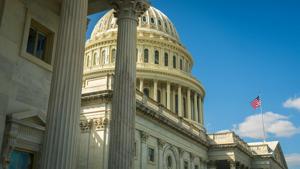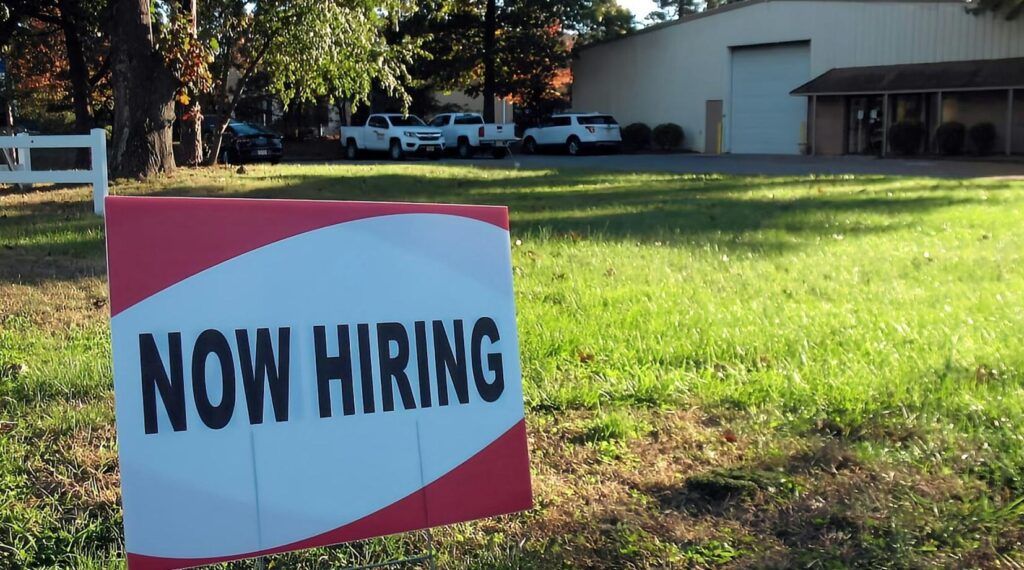As summer ends, budget battles and investigations await
While Labor Day marks the unofficial end of summer for many, it’s also the final day of Congress’ August recess, with lawmakers returning to Washington Tuesday to a series of budget and spending battles.
Earlier this summer, Congress passed the One Big Beautiful Bill Act, a budget resolution creating a framework for advancing many of President Donald Trump’s policy priorities in the coming years. But a budget resolution is merely a kind of high-level fiscal roadmap designating top-line spending. Appropriations bills are what’s needed to provide funding to government agencies, but Congress often struggles to pass them by Sept. 30 – the end of the government’s fiscal year – and instead passes short-term stopgap bills to avert a government shutdown.
Of the 12 annual appropriations bills, the House passed its version of the defense and National Security, State, and Foreign Operations spending bills in July, while the Senate passed a minibus of spending bills for the Departments of Agriculture, Veterans Affairs, and Congress itself just before its August recess. Each chamber needs to pass its own version of each appropriations bill; the House and Senate versions will go to a conference committee that will work to reconcile the versions into a single, final bill that must be passed by both chambers before going to the president.
If Congress is unable to pass all of the appropriations bills by the end of September, it will likely pass a continuing resolution, which simply extends current funding levels for government agencies to give lawmakers more time to negotiate.
Last year, Congress was unable to pass a defense appropriations bill and instead, for the first time according to Breaking Defense, funded the Department of Defense entirely through a continuing resolution for a full year.
In addition, the Agriculture Improvement Act of 2018, or the “farm bill,” is set to expire on Sept. 30. The farm bill is a massive authorization bill that works similarly to the One Big Beautiful Bill in that it creates a kind of blueprint – but on a smaller scale, for its respective departments and agencies – of spending levels and policy objectives that appropriations bills are used to fulfill. Farm bills are intended to be passed every five years, but with Congress unable to find sufficient consensus to pass a new bill, it has instead extended 2018’s twice.
Amidst all of the budget negotiations, several high-profile congressional investigations remain ongoing.
Congress continues looking into the coverup of former President Joe Biden’s mental decline while he was in office; the “Russia, Russia, Russia hoax,” as Trump calls it, or allegations that Democrats fabricated and popularized a story that his campaign colluded with Russia to tilt the 2016 election; and whether files from the court cases of disgraced financier and sex trafficker Jeffrey Epstein implicate Trump or others who deserve to be held accountable.
Members of the House Oversight Committee are set to meet with some of Epstein’s victims next week, according to Forbes. The Department of Health and Human Services Secretary Robert F. Kennedy, Jr., is also scheduled to testify before a Senate committee regarding the sudden termination of the Centers for Disease Control and Prevention director, as Politico reported.
Latest News Stories

CA, Delaware attorneys general concerned about OpenAI

Chevron petitons Supreme Court to move lawsuits to federal court

Business leaders eye immigration reform

Trump defends handling of Epstein controversy, says GOP doing ‘legendary’ job

In-home care rule change proposal generates more than 1,500 responses

Polis calls for return of Victims of Crime Act grant funding

Clark County Board Faces Public Backlash Over Solar Projects

Casey Fire District Approves $400,000 Purchase of New Fire Engine

Casey Continues Sidewalk Replacements on Main Street, Plans Tree Removal

Billions in investment, thousands of jobs coming to RGV from LNG facility, pipeline

Bessent says Federal Reserve ‘must change course’

Legislation to end cashless bail in D.C., nationwide introduced in Senate









